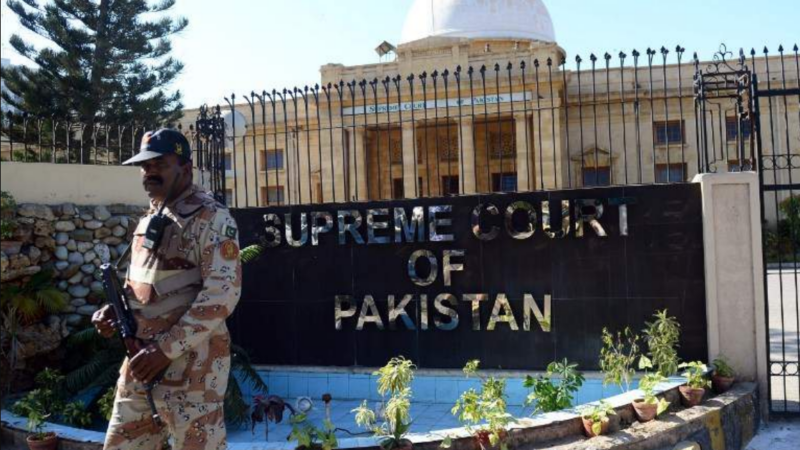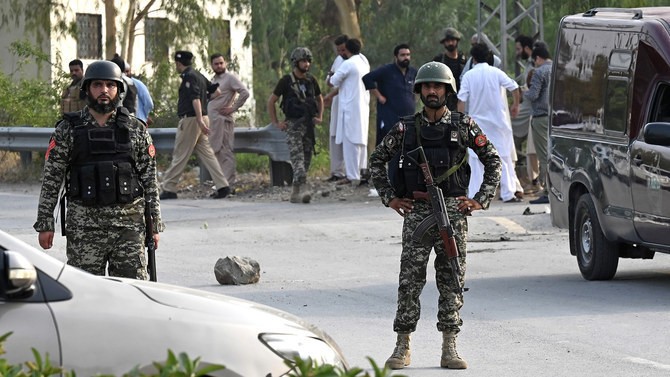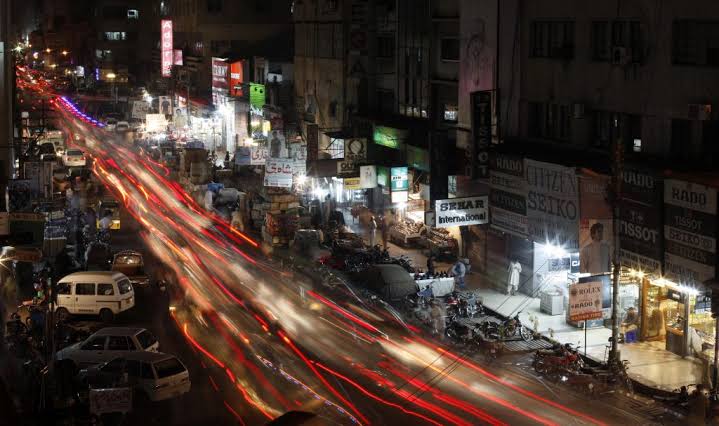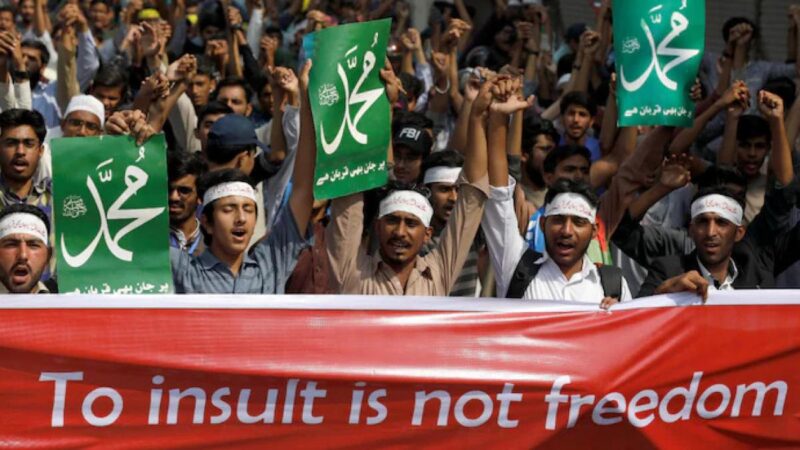October 22: Black day of Pakistan brutalities in Kashmir
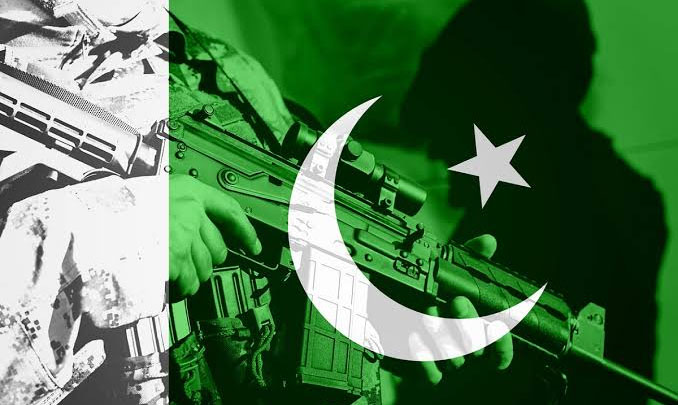
Time and again, the world has given multiple chances to Pakistan. Yet, it has failed on all accounts to make amends for its misconduct continuing to give a steady hand to breeding terrorism in the subcontinent. Another testament to this is its direct role in instigating violence and terror in the Kashmir valley throughout its independent history, right from the inception in 1947. Illegally raiding the Kashmir valley in the autumn of 1947, the Pakistani intruders illegally entered into the then-princely state of Jammu & Kashmir. Not just plunder, these invaders also committed horrific acts of monstrous atrocities as well. It was with such brutality and ferocity that the raiders looted and pillaged the entire state that the Indian armed forces had to come to the rescue of the people.
Even the innocent Kashmiri population was left aghast at the brutality of these Pakistani intruders that had claimed that their invasion was to instead save their Muslim brethren. It was in light of the same, to ensure that the memory of these brutalities did not die down, that numerous programmes have been organised by the Kashmiri civil society to never forget this brutal invasion. In fact, leading members of the civil society vehemently spoke against the targeted killings of minority civilians in Kashmir as well as the need to correctly dispense historic knowledge about how brutally Pakistani forces wreaked havoc in the area and how the Indian Army intervened subsequently to rescue the innocent civilians.
Even today, Kashmiris remember October 22nd 1947 as the day that hell began until Indian soldiers rushed to protect them from the fury of these barbarians. In a calculated move, the newly-formed Pakistani Army of that time had directed the Pathan tribal leaders to enlist a lashkar (group)of about a thousand tribesmen each. These units were provided with Pakistani ammunition, arms and clothing as well, and asked to concentrate on Bannu, Nowshera, Kohat and Thal. It was a group of these units that advanced along the Muzaffarabad road towards Srinagar with the primary objective of capturing the aerodrome and advancing to the Banihal Pass. Similar such lashkars were asked to advance through different passes and capture Sopore, Poonch, Rajouri, Gulmarg and Jammu. In addition, the Pakistani Army through its 7 Infantry Division set up in the Abbottabad region was ordered to be ready to move in immediately to back these lashkars and help consolidate their hold over the area. Even today, the Kashmiri chronicles and witness accounts of the time showcase stories of atrocities where young women were abducted and carried off without distinction of caste, creed or colour. These monstrous invaders tried to grab as much wealth and as many women as they could in a series of soul-stirring barbarism, especially when they reached Baramulla. Looting, plundering, raping, abducting and killing thousands of innocent civilians, India could not intervene earlier as Kashmir was an independent state.
However, with increased pressure on the Maharaja of Kashmir and his inability to stop these monsters, he acceded to India and requested the Indian Army to help save remaining lives. By the time the Indian Army intervened, more than 30,000 Kashmiris (different religions) had been killed, maimed and abducted. On the pretext of encouraging the independence for Kashmiris, Pakistan has continued to breed terrorist groups that claim innocent lives instead. Time and again, Pakistan has attempted to repeat the strategy of 1947 with the use of tribal warriors being sent in during the Kashmir insurgency as well as in Afghanistan during the late 1990s. However, instead of weakening India or Afghanistan, it has only led to a plethora of security issues for Pakistan itself, a loose control of its polity over the military, continued unrest in its western provinces, regular protests in Sindh as well as Pakistan-Occupied-Kashmir. As a testament to this, the global financial crime watchdog organisation Financial Action Task Force decided to retain Pakistan on the ‘Grey’ list of terror financing recently.
Empty promises, hollow high-level political commitments and other inefficiencies in the money-laundering framework together point towards no substantial progress being made by Pakistan in any of the areas required. For a stubborn terror financier like Pakistan, only real actions towards isolating the country in the larger global framework have seemed to work. With programmes, symposiums and engagement workshops on the memories attached with 22nd October 1947, the idea is bring to light the historical narrative of that day. Such awareness among the local population and the wider global community is necessary to correct the historical image of the conflict in Kashmir being merely about the strategic land. It is about the people and the brutalities unleashed by the monstrous Pakistani regime against the innocent Kashmiri civilians. The global order must keep the pressure up on Pakistan in order to ensure that the world is at least little safer every day.

